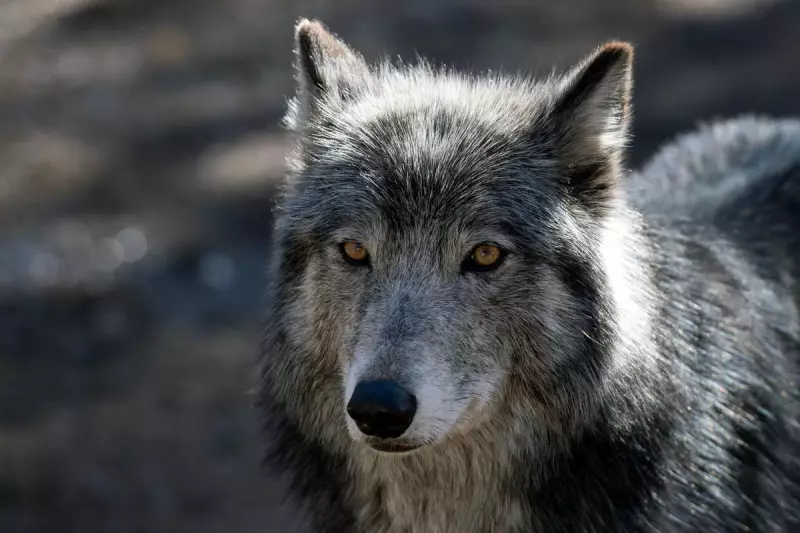
A recent incident involving a wolf attacking cattle has brought the delicate balance between wildlife conservation and farming back into the spotlight. Farmers and conservationists are divided on how best to address such encounters, which are becoming increasingly rare but remain highly contentious.
The Incident
Reports confirm that a lone wolf targeted cattle in a rural area, causing significant distress among local farmers. While no human injuries were reported, the attack has raised concerns about the potential risks posed by predators reintroduced or migrating into the UK.
Expert Opinions
Wildlife experts suggest that such incidents are rare but not unheard of. "Wolves are naturally cautious around humans," said Dr. Emily Carter, a conservation biologist. "However, livestock can sometimes trigger their predatory instincts, especially in areas where natural prey is scarce."
Farmers' Concerns
Local farmers argue that protecting livestock is a top priority. "We need practical solutions, not just theories," said John Harris, a cattle farmer. "Compensation for losses and better fencing could help, but we also need clear guidelines on how to handle these situations."
Conservationists' Perspective
On the other hand, conservation groups emphasise the ecological benefits of apex predators like wolves. "They play a crucial role in maintaining healthy ecosystems," noted Lisa Morgan from the UK Wildlife Trust. "The challenge is finding ways to coexist without compromising livelihoods."
Possible Solutions
- Non-lethal deterrents: Using guard dogs, flashing lights, or sound devices to keep wolves at bay.
- Compensation schemes: Financial support for farmers who lose livestock to predators.
- Habitat management: Ensuring wolves have access to natural prey to reduce conflicts.
The debate continues as stakeholders seek a balanced approach that safeguards both agriculture and biodiversity.





